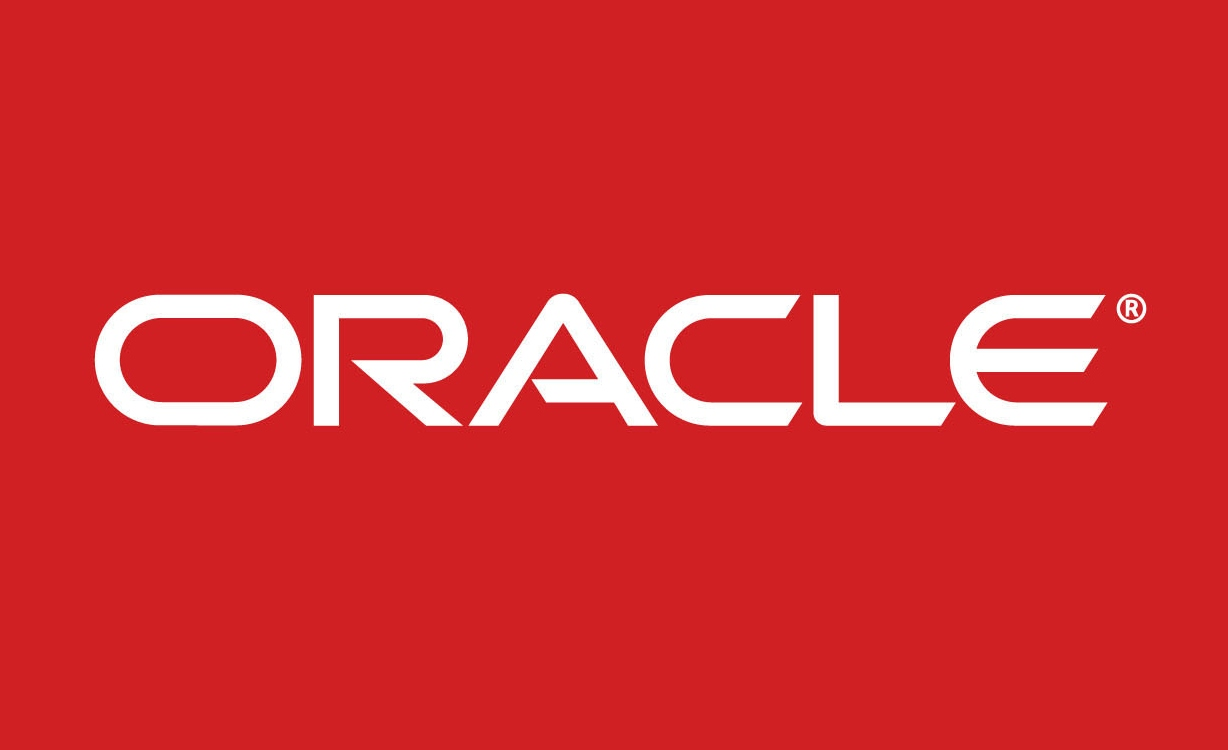This article first appeared on the Oracle blog.
Every business and every business leader today wants to modernize using technology, all while reducing costs and, above all, eliminating complexity.
From insurance to health care to education to luxury goods, companies across all industries are juggling competing demands from employees, consumers, and partners, and are being challenged to make better decisions across the board, more quickly than ever.
And they’re looking to large business cloud providers like Oracle to not only simplify IT and make it more accessible to stakeholders, but to provide continuous improvements, such as the inclusion of intuitive AI and machine learning tools.
“Technology is an incredible enabler that can help organizations… not just streamline processes, but also improve engagement and transform existing business processes and models,” says Rondy Ng, senior vice president of applications development at Oracle.
Monte Ciotto, associate vice chancellor of financial information systems at the University of Pittsburgh, which recently decided to implement Oracle ERP Cloud, noted the critical importance of technology in the university’s ability to achieve its mission. “To maximize value and impact, our technology must be a coordinated effort across business functions,” he said. “With Oracle ERP Cloud we’ll be able to manage finance, HR and student data on the same platform, creating a single source of truth that improves efficiency and organizational insights.”
These types of organizational insights are in large part driven by analytics, AI, and ML functions of the type being embedded within the larger Oracle ERP Cloud and Oracle HCM Cloud application suites.
Oracle’s strong position is underlined by a statement from IDC cited by Oracle CEO Mark Hurd during the most recent earnings report: “Per IDC’s latest annual market share results, Oracle gained the most market share globally out of all enterprise applications SaaS vendors three years running—in calendar year ‘16, ‘17 and ‘18.”*
Hurd noted a number of businesses that have recently chosen Oracle as its cloud provider, including Ferguson, a $21 billion wholesale plumbing equipment distributor, which is using Oracle ERP Cloud, along with EPM and supply chain.
Other recent converts to the Oracle Cloud Applications suite include Argo Insurance, Experian, Helmerich & Payne, Wright Medical, Emerson Electric, Rutgers University, Waste Management, and Tiffany.
If Oracle is succeeding so wildly in the enterprise cloud apps space, it’s only because it’s helping its customers succeed by making it easier for them to find answers and solutions to the mounting challenges that face them day to day.
“Education is evolving and the technology that drives our organization forward needs to reflect modern education best practices,” said Becky King, associate vice president of IT, Baylor University. “Shifting to Oracle Cloud Applications will help us introduce modern best practices that will make our organization more efficient and reach our goal of becoming a top-tier, Christian research institution. Moving core finance, planning and HR systems to one cloud-based platform will also improve business insight and enhance our ability to respond to changing dynamics in education.”
========
*Source: Per IDC’s latest annual market share results, Oracle gained the most market share globally out of all Enterprise Applications SaaS vendors three years running—in CY16, CY17 and CY18.
*Source: IDC Public Cloud Services Tracker, April 2019. Enterprise Applications SaaS refers to the IDC SaaS markets CRM, Engineering, Enterprise Resource Management (including HCM, Financial, Enterprise Performance Management, Payroll, Procurement, Order Management, PPM, EAM), SCM, and Production and Operations Applications
========
Michael Hickins is director of media strategy for Oracle.
Thanks for reading CPA Practice Advisor!
Subscribe Already registered? Log In
Need more information? Read the FAQs




